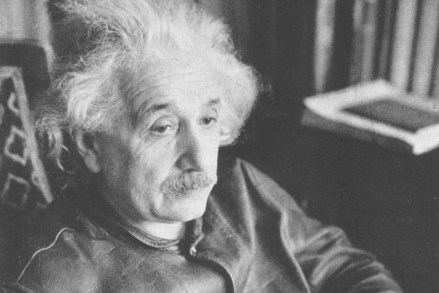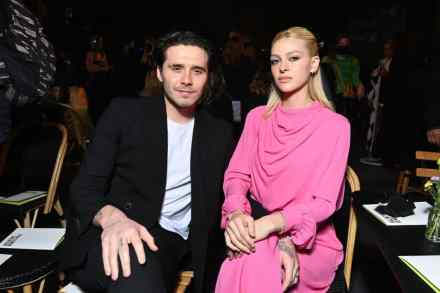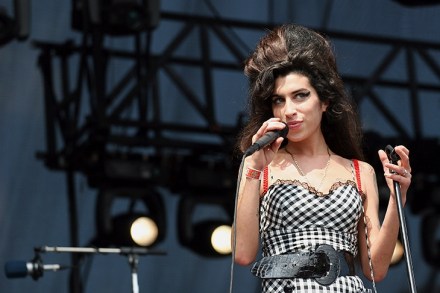Jennifer Aniston and the allure of woo-woo
There was a time when, whenever the gossip mags wrote about Jennifer Aniston, they’d always preface her name with ‘Sad’. Sad Jen Aniston – it became one of those three-part names, like Sarah Jessica Parker or Sarah Michelle Gellar, only condescending rather than smug. For someone who was allegedly one of the most desirable women on earth, this must have been extremely annoying, recalling the line purred by the courtesan played by Marlene Dietrich in the 1932 film Shanghai Express: ‘It took more than one man to change my name to Shanghai Lily.’ It took more than one man to change Aniston’s moniker to Sad Jen: Brad Pitt, John Mayer




















